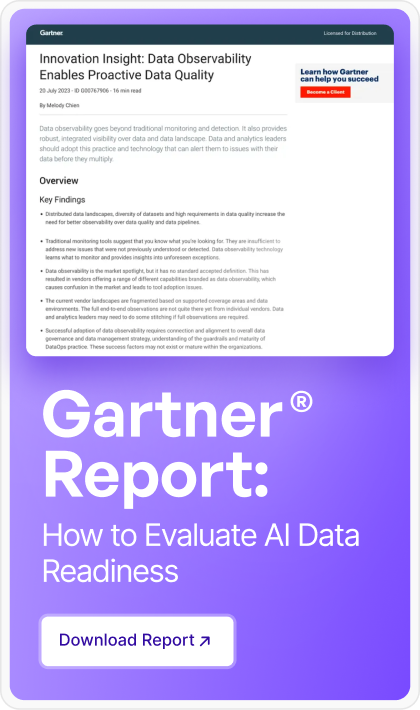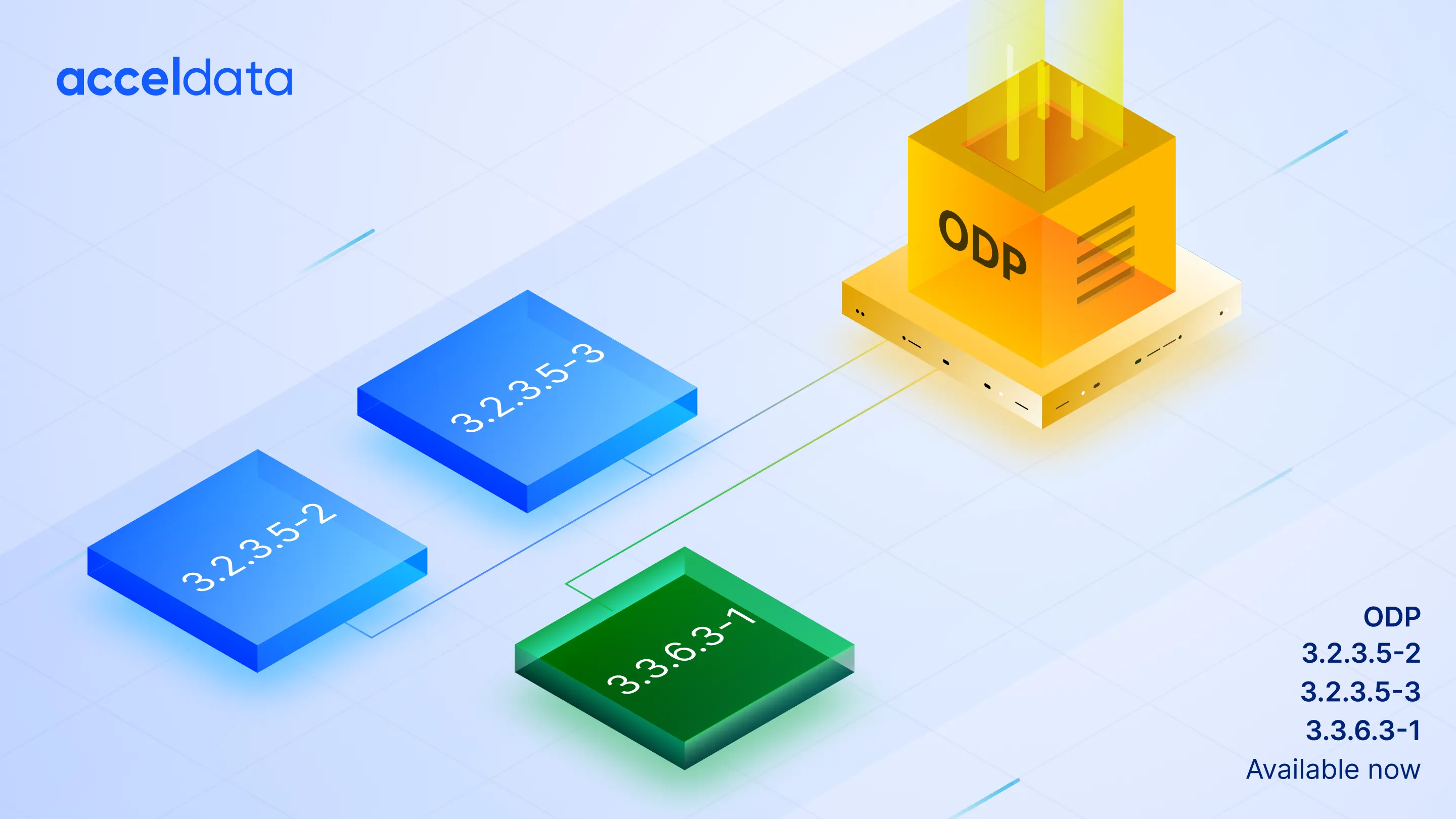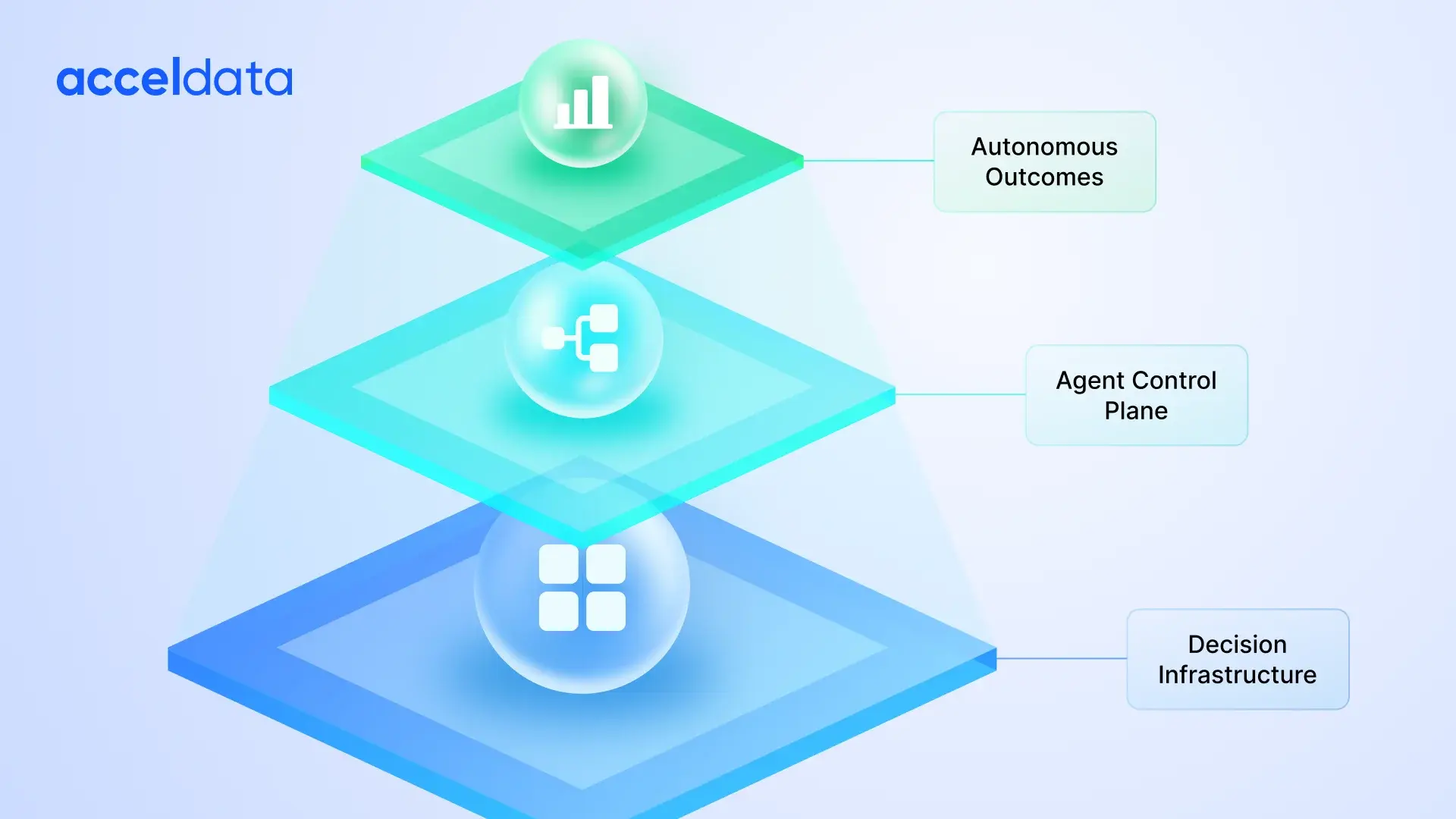Airbnb realized its existing Hadoop-based infrastructure couldn't sustain itself when it faced the challenge of processing and analyzing petabytes of data generated by millions of users. The bed and breakfast platform needed a scalable, high-performance solution that could handle both batch and real-time data processing. After evaluating various Hadoop alternatives, Airbnb selected Apache Spark as its big data platform.
Several organizations are looking beyond Hadoop for their big data needs, seeking platforms that offer faster processing speeds, better scalability, and more flexible architecture.
This article explores the top Hadoop alternatives worth considering in 2025, from Apache Spark's real-time processing capabilities to Snowflake's cloud-native data warehousing solution.
Hadoop in a Nutshell
What is Hadoop, and why has it been a popular choice for big data processing? Hadoop is an open-source framework that allows for distributed storage and processing of large datasets across clusters of commodity hardware.
It consists of two primary components:
- Hadoop Distributed File System (HDFS): A scalable, fault-tolerant file system that stores data across multiple nodes.
- MapReduce: A programming model for processing large datasets in parallel by dividing the work into independent tasks.
Hadoop has been widely adopted due to its ability to handle massive volumes of structured and unstructured data cost-effectively. However, as data volumes continue to grow and real-time processing becomes increasingly important, organizations are exploring Hadoop alternatives that can better meet their evolving needs.
Why Move Beyond Hadoop
Hadoop has been a game-changer in the big data world; however, it has some limitations that have led organizations to seek alternative solutions.
These limitations include:
1. Batch processing limitations: Hadoop's MapReduce framework is designed for batch processing, which can be slow and inefficient for real-time or interactive workloads.
2. Complexity: The Hadoop ecosystem has become increasingly complex, with numerous components and tools that can be challenging to manage and integrate.
3. Scalability challenges: Hadoop is designed to scale horizontally; however, it can be difficult to scale beyond a certain point due to architectural limitations.
4. Lack of SQL support: Hadoop's native query language, HiveQL, is not as mature or feature-rich as SQL, which can limit its usability for business users and data analysts.
As a result, organizations are turning to Hadoop alternatives that offer faster processing speeds, simpler architecture, and better SQL compatibility.
Top Hadoop Alternatives Worth Exploring
As big data ecosystems evolve, organizations are increasingly turning to modern tools that offer greater scalability, performance, and flexibility than Hadoop.
The most effective Hadoop alternatives are tailored to meet diverse data processing and analytics needs. These include:
1. Apache Spark: Real-time data processing redefined
Apache Spark is an open-source, distributed computing system that has emerged as one of the most popular Hadoop alternatives. Spark offers several key advantages over Hadoop:
- High-speed processing for both streaming and batch data
- In-memory computing capabilities that enable faster data processing
- Support for multiple programming languages, including Java, Scala, Python, and R
- A rich ecosystem of libraries for machine learning and graph processing
Use case: Apache Spark can analyze transaction data in real-time, detecting fraudulent activities and preventing losses.
2. Snowflake: Scalable cloud data warehouse
Snowflake platform is a cloud-native data warehousing solution that offers a unique architecture for handling large volumes of data.
Key features include:
- Separation of storage and compute, allowing for independent scaling
- Support for structured and semi-structured data
- Seamless integration with BI tools and data pipelines
- Multi-cloud architecture for flexibility and disaster recovery
Sainsbury and Pizza Hut use Snowflake to rapidly query and analyze customer data, enabling demand forecasting and inventory optimization.
3. Google BigQuery: Fast and serverless analytics
Google BigQuery is a fully-managed, serverless data warehouse that enables fast SQL queries using Google's infrastructure.
Benefits include:
- Scalability to petabytes of data
- Real-time data streaming and batch data loading
- Integration with Google Cloud Platform services
- Built-in machine learning capabilities
Marketing agencies such as Net Conversion and WITHIN use BigQuery to analyze ad performance data, optimizing campaigns and improving ROI.
4. Databricks: Unified analytics platform
Databricks platform is a unified analytics platform that provides a collaborative environment for data engineers, data scientists, and business analysts.
It offers:
- Added management and security features
- Collaborative notebooks for data exploration and model development
- Integration with popular BI tools and data sources
- Support for multiple languages and frameworks
Walgreens used Databricks to manage its inventory and supply chain, as well as for predictive analytics on customer medical data, ensuring that medicines are available when customers need them.
5. Amazon Redshift: Data warehousing on AWS
Amazon Redshift is a cloud-based data warehousing solution that offers high performance and scalability for structured data analysis.
Key features include:
- Columnar storage and parallel processing for fast query performance
- Integration with AWS ecosystem and third-party tools
- Automated backups and disaster recovery
- Cost-effective pricing model
Naykaa used Amazon Redshift to build and deploy the ingestion layer for its data lake, which was used to analyze a cloud-based customer analytics solution. This facilitated personalized product recommendations and targeted marketing campaigns.
Future-proofing Big Data Platforms with Acceldata
As enterprises move beyond Hadoop and explore modern platforms like Spark, Snowflake, BigQuery, Databricks, and Redshift, one challenge remains: how to keep big data systems reliable, cost-efficient, and responsive at scale.
Choosing a new platform is just the first step—managing it intelligently is what drives real value. That’s where Acceldata’s Agentic Data Management Platform comes in.
Powered by adaptive AI agents, contextual intelligence, and self-learning capabilities, Acceldata's Agentic Data Management Platform helps enterprises simplify the complexity of managing modern data stacks. From proactively detecting pipeline issues to aligning performance with business goals, it ensures your data infrastructure stays trusted, optimized, and future-ready—across any technology stack.
Whether you’re transitioning from Hadoop or scaling newer platforms, Acceldata helps you go from reactive troubleshooting to autonomous, reliable operations. In today’s fast-moving data landscape, that shift makes all the difference.








.png)








.webp)
.webp)


